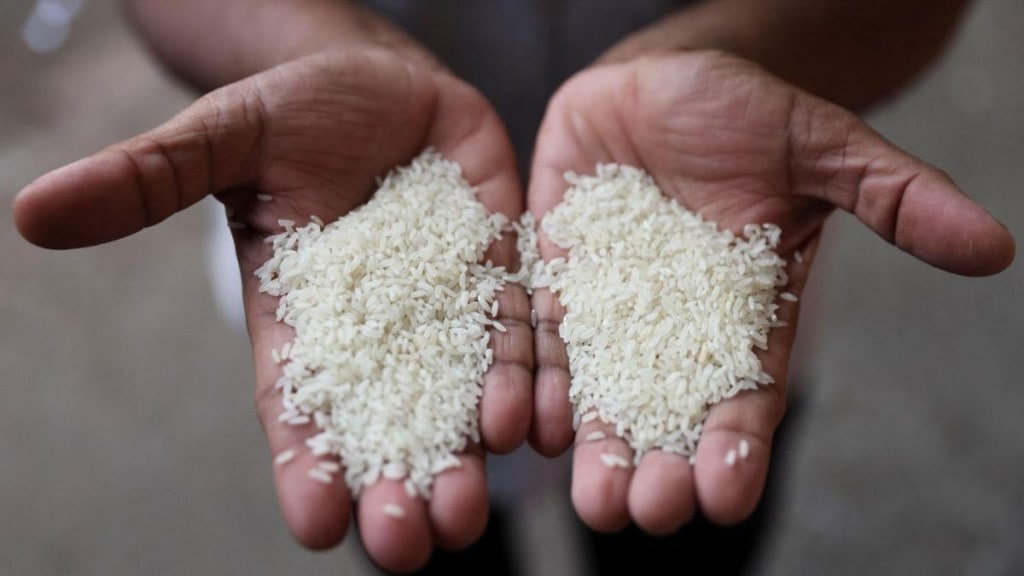The Centre’s food subsidy expenses for FY25 may cross Rs 2.25 lakh crore, Rs 13,000 crore more than revised estimate (RE) for 2023-24, and up Rs 20,000 crore from the budget estimate (BE) for the current year, according to official sources. The higher subsidy requirement is on account of the rising costs of holding on to a huge stockpiles of rice, and increase in minimum support price (MSP) of wheat and rice.
The finance ministry has released more than 75% of BE of Rs 2.04 lakh crore for current fiscal, to the Food Corporation of India (FCI) and the states which followed decentralised procurement systems, and function as intermediaries for the subsidy programme.
For 2025-26, the government has to make provision of even higher food subsidies in the current fiscal’s RE if rice stocks are not reduced, the sources added. ““The costs of storage, transportation and other costs have been rising steadily,” sources said.
The finance ministry has been releasing food subsidy amounts in a timely manner in the last couple of fiscal yers, which has ensured that the FCI mostly doesn’t rely on short-term loans and cash credit limits as being provisioned.
The FCI currently holds 58.62 million tonne (MT) — 28.22 MT of rice stocks and 30.4 MT of grain receivable from millers. The stocks are against the buffer of 7.61 MT for January 1. Annually the corporation supplies around 36 – 38 MT of rice under PMGKAY to states, while the procurement has been over 50 MT for the last many years leading to piling up of stocks.
Officials said that there has been a poor response to open market sale of rice by FCI from its stocks. Only 0.7 MT of rice has been sold so far by FCI at the subsidized rate of Rs 28/kg. Last fiscal, FCI could sell only 0.1 MT of rice through open market sale.
Due to higher grain stock and rise in MSP, the FCI’s economic cost for rice and wheat for 2024-25 is estimated to increase Rs 39.75/kg and Rs 27.74/kg, from Rs 39.31/kg and Rs 27.09/kg respectively in 2023-24.
The government has extended the free ration scheme for five years till end of 2028 which would cost the exchequer around Rs 11.8 trillion due to a projected increase of 7%-8% in the MSP of the relevant crops – rice and wheat and coarse grains– , and other costs such as transportation, storage and incidentals.
Under the PMGKAY, 5 kg of rice or wheat are provided free of cost monthly to each of the 801 million beneficiaries. Before January 2023, marginal prices were paid by the beneficiaries, and the shift to a regime of completely free supply of grains raised the cost by 3-4%.
The food subsidy bill had skyrocketed in FY22-FY23 because of a scheme that doubled the subsidised food grains supplies. In addition to 5 kg of grain per head free under PMGKAY and beneficiaries under the National Food Security Act were provided foodgrains at highly subsidised rates of Rs 3/kg and Rs 2/kg for rice and wheat, respectively.
The FCI in collaboration with state agencies procures and distributes around 75 – 80 MT and 55 MT of wheat and rice annually respectively under PMGKAY. More than 530,000 fair price shops across the country distribute free grain to beneficiaries. Currently, the scheme is being implemented across all 36 states and Union Territories.

